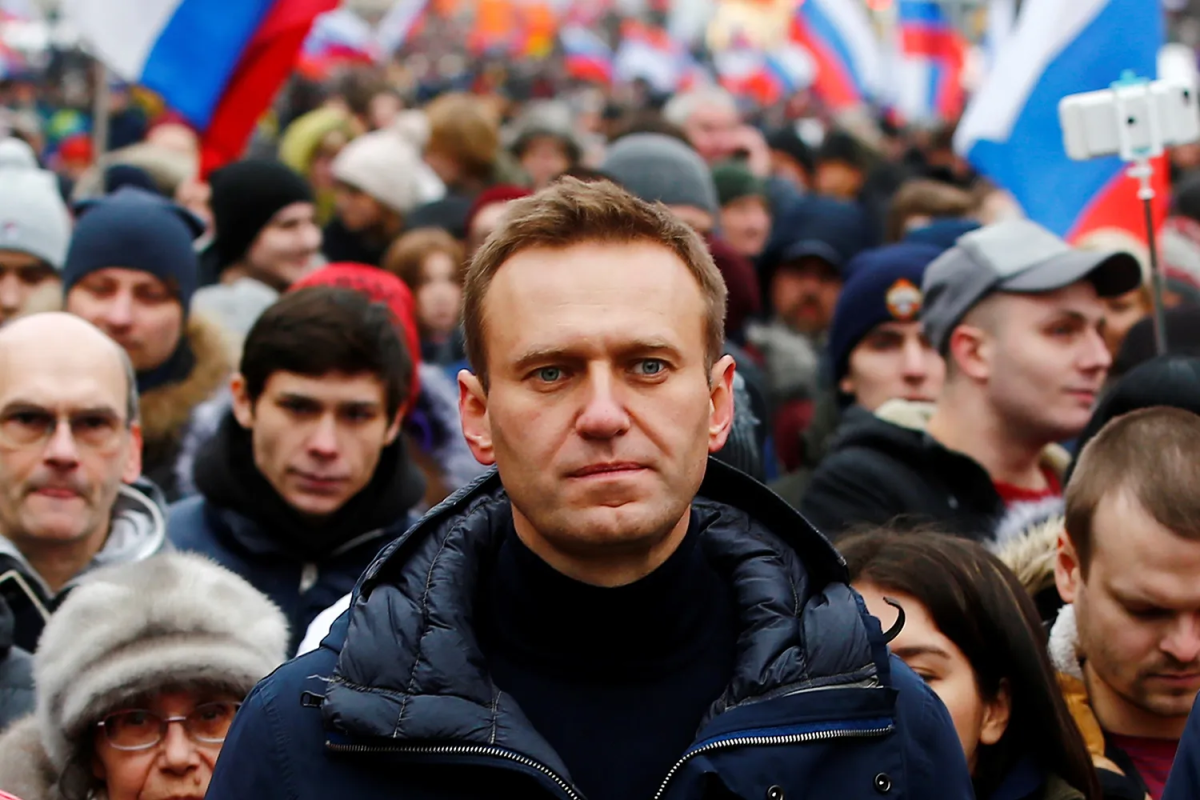In early March, over 10,000 Russians coalesced on a cold Moscow morning to memorialize a man who had come to represent an entire movement. Alexei Navalny, the iconic Russian dissident, had died just weeks before. While a shocked international community has demanded answers as to the circumstances of his death, the Kremlin has been extremely obscure. This has led to speculation that the Kremlin may be behind Navalny’s death. President Joe Biden has stated that, in regards to Navalny’s death “We don’t know exactly what happened but there is no doubt that the death of Navalny was the consequence of something that Putin and his thugs did.” While Navalny can no longer be active in the Russian dissident movement, the ideology that he championed will live on far past his death.
After working as a lawyer for many years in relative obscurity, Navalny rose to prominence in 2011 as an opponent of Russian President Valdimir Putin during that year’s legislative election. While he did not run for political office, he gained prominence for his opposition to Putin’s political party, United Russia, famously giving them the moniker “a party of crooks and thieves.” While organizing tens of thousands of people for protests, he was arrested and released multiple times. He was once again convicted on embezzlement charges while running for mayor of Moscow in 2013, and further charges, widely recognized as politically motivated, barred him from his attempt to unseat Putin in 2018. In spite of his lack of a seat in a public office, Navalny worked tirelessly to remove Putin from power and restore democracy in Russia. His YouTube channel, which amassed millions of subscribers, was used to highlight the corruption and excess that has been prominent amongst senior Russian politicians. He was recognized with many awards, including the European Parliament’s Sakharov Prize for human rights. In late 2020, his poisoning and subsequent arrest upon his return to Russian provoked further outcry from the international community. The Kremlin continued to pile charges and sentencing, which culminated in Navalny’s transfer to a rural prison in a barren part of northern Russia. His death, to many, was seen as a final attempt by the Kremlin to silence him. However, his legacy lives on.
Navalny represented more than just Russian opposition; he became an international figure for freedom, liberty and democracy in the eyes of millions. This can be seen through the outpouring of support that occurred after his death. Leaders of dozens of countries, along with the EU, UN, and NATO all expressed their condolences; and many used to declare that this was further evidence that Putin must be stopped. Navalny’s death has been just one of many deaths linked to Putin’s opposition; another recent suspicious passing was that of former Putin ally Yevegeny Prigozhin.
Most notably, Navalny’s wife Yulia Navalnaya has been outspoken in the aftermath of her husband’s death. In a video posted online, she blamed Putin while also asserting the importance of her husband’s work and promised that she would work to continue what her husband fought for. She remarked that “I want to live in a free Russia, I want to build a free Russia.”

